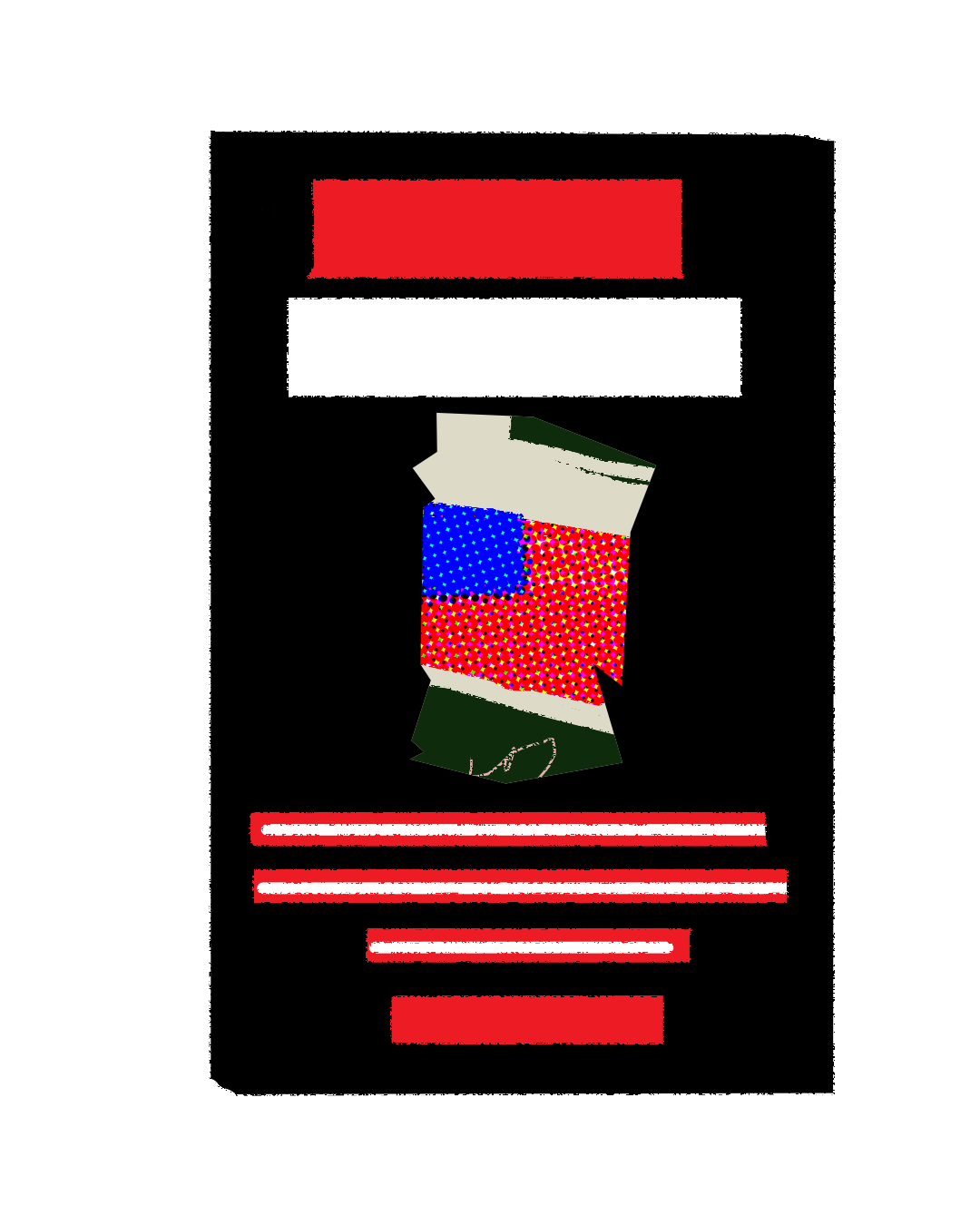“Just the Beginning”: Cleveland Police Violence, Surveillance, and The Trial of Fred Evans
Evans’ FBI file is held in a federal facility hundreds of miles from Cleveland, and digitized scans of its components are not available online, making it difficult for the city’s residents to discover for themselves the scope of illegal surveillance their community faced.
Our Neighbo(u)rs to the North, Aflame: On John Vaillant’s “Fire Weather”
As a midwesterner, my life has been saturated with Alberta’s oil. My first car, a used Ford F-150 with a bench seat stained brown from the plumber who owned it before me, had dual fuel tanks that held over thirty gallons of gasoline. Much of that gas came from Alberta oil.
What was Ukraine?: On Volodymyr Ishchenko’s “Towards the Abyss”
Ishchenko argues that the burden of the post-Soviet left is debatably its greatest asset: that people remember how it felt to be part of communism’s utopian project, and that before today’s war, a strong plurality of Ukrainians felt ambivalent about, not hostile to, its cause.
After Populism: On Borriello and Jäger’s “The Populist Moment”
The material conditions that underpinned social democracy have disappeared. Against this backdrop, left populism constitutes a sincere, but plaintive, desire for the lost world to return.
A Real and Un-Automated Horse: On Brian Merchant’s “Blood in the Machine”
Merchant demonstrates that to act as a Luddite is to be anything but out-of-touch: it is to mobilize a common sentiment that marches from the past, and to stride as part of a collective toward a more equitable future.
Somebody’s Gotta Do It: On Erin Hatton’s “Coerced” and Eyal Press’ “Dirty Work”
Power doesn’t always come from brute force; in many cases it operates through obfuscation and mystification. Illuminating all of this is the easy part, of course. The challenge is figuring out how to empower the people who work under these conditions.
A Complicated System of Traps: On Quinn Slobodian’s “Crack-Up Capitalism”
Slobodian reveals that dreams of elite dominion have drawn on fantastical, even magical, thinking. They’re predicated upon chaos and apocalyptic anxieties, both as preconditions for the reconfiguration of the world according to narrow, private interests and as drivers of paranoid self-seeking.
Living in Ruins: On Jake Bittle’s “The Great Displacement”
The moment of prognostication has long since passed, and the speculative remaking of American geography by a changing climate is no longer so speculative.
Paranoid Reading: Steamshovel Press and the American Conspiracy Canon
For Kenn Thomas, the Midwest periphery was a perfect vantage point for keeping track of D.C., Roswell, Langley, and the rest.
South to the Midwest: Race, Region, and the National Imaginary
I say “region” and not “the South” because the regional borders are porous, not just in those liminal zones that separate the South from Appalachia and Appalachia from the Midwest, but in our national self-conception as well.
Palo Alto, Disinterred: An Interview with Malcolm Harris
It's not like you're going to convince decision-makers and they're going to make the right decision for you. It really is a question of forces, not men, which is the sort of line I hammer on throughout the whole book. Which means our response to it needs to be about forces, not men.
Cleveland, a Kleptocrat's Paradise: An Interview with Casey Michel
Forget the Cayman Islands. Picture instead the rundown Huntington building in Cleveland's downtown skyline and an abandoned steel plant in Warren, Ohio.
From Wong to Wong: On Beatrice Loftus McKenzie’s “The Wongs of Beloit, Wisconsin”
Through intimate narratives, McKenzie profiles the legacies and acculturation experiences of seven third-generation American siblings, the first Wongs to grow up in Beloit.
Elite Escape: On Raymond B. Craib’s “Adventure Capitalism”
Official remedies for the present polycrisis are often couched in market principles. In excavating the troubled history of libertarian exit, though, we can at least better understand what we are up against.
Id of the American Unconscious: Lynching and Mob Violence in Ohio, 1772-1938
Donald Trump, who won Ohio handily in both 2016 and 2020, tapped into a primal element of the American spirit.















